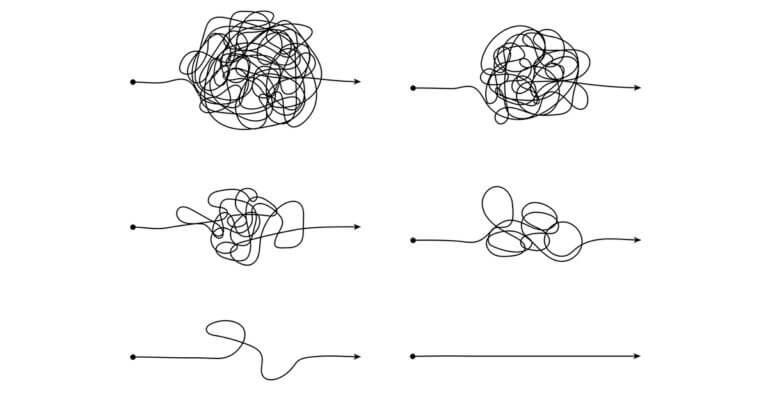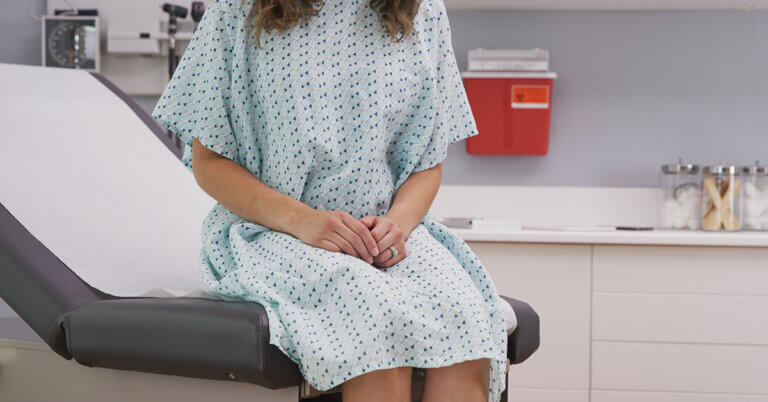May 23, 2019
What Fish and Colonoscopies Have in Common

By now you know you should never order fish at a restaurant on a Monday. That’s because the fish likely has been lying around the kitchen since early Friday morning. But what if you needed your primary-care physician to order you a cancer screening? As it turns out, time is an important factor, too.
Healthcare’s mysterious “when” factor appeared again in a new study in JAMA Network Open. The study examined the link between a patient’s appointment time with their doctor and the likelihood that the patient was screened for breast or colon cancer.
Researchers from the University of Pennsylvania and Johns Hopkins University went through the medical records of 52,722 patients who were treated from Sept. 1, 2014, through Aug. 31, 2016, by 33 primary-care practices affiliated with the University of Pennsylvania Health System.
All of the patients in the study pool were scheduled for either a breast cancer or colon cancer screening based on guidelines from the US Preventive Services Task Force. The researchers compared the patients’ appointment times with two results: whether the doctor ordered the recommended cancer screening during the office visit and whether the patient completed a screening within one year of their visit.
As it turns out, the likelihood of an ordered or completed cancer screening dropped as the appointment times got later. For example:
- Of the patients who had 8 a.m. appointments, 63.7 percent had breast cancer screenings ordered and 33.2 percent completed them within one year compared with 47.8 percent and 17.8 percent, respectively, of the patients who had 5 p.m. appointments.
- Of the patients who had 8 a.m. appointments, 36.5 percent had colon cancer screenings ordered and 28.0 percent completed them within one year compared with 23.4 percent and 17.8 percent, respectively, of the patients who had 5 p.m. appointments.
In short, patients who saw their doctors earlier in the day had a better chance of being screened for cancer than patients who saw their doctors later in the day.
The researchers offered two possible explanations for the drop in order and completion rates despite the fact that all of the patients were equally due to be screened and tested for cancer.
- First, as the day goes on, appointments may fall behind schedule, and doctors have less time to spend with each patient during their visits later in the day. Screenings may not be discussed or get delayed in order to handle more immediate problems.
- Second, as the day goes on, doctors may suffer from “decision fatigue.” That means they may be less likely to discuss cancer screenings later because they discussed them with patients earlier. Essentially, they get tired of talking about it.
“Future interventions targeting improvements in cancer screening should consider how time of day influences these behaviors,” the researchers concluded.
The results mirror the results of an earlier study done by the same researchers on appointment times and flu vaccines. You can read about that study in another blog post on 4sighthealth.com called “The Early Patient Gets the Flu Shot.”
What the new study and the previous study reveal is this: many of the problems in healthcare that lead to poor health outcomes and higher costs are systemic. But, that doesn’t mean they’re complicated. In this case, the performance of doctors drops as the day drags on. Whose doesn’t? It also means that the actions needed to correct many of those problems shouldn’t be complicated.
Maybe a sticky note on the computer terminal that says, “Don’t forget to ask about a cancer screening.” Next to the note that says, “Don’t order fish for lunch on Mondays.”
Author
David Burda is a columnist for 4sight Health and news editor of 4sight Friday, our weekly newsletter. Follow Burda on Twitter @DavidRBurda and on LinkedIn. Read his bio here.





